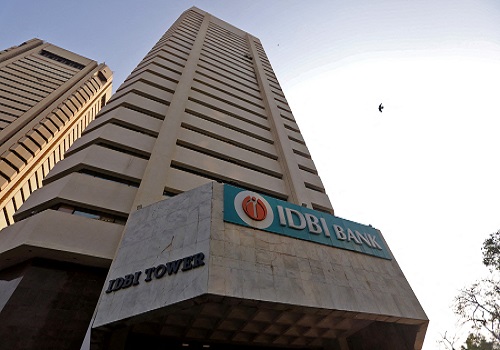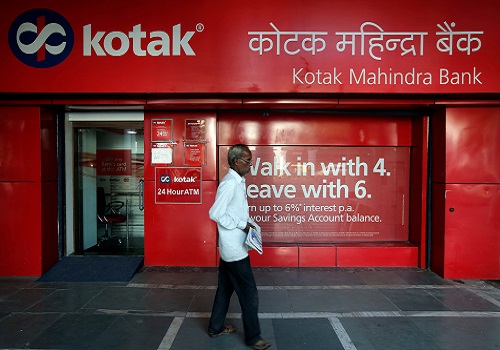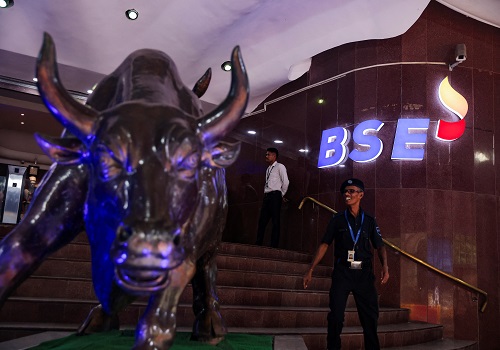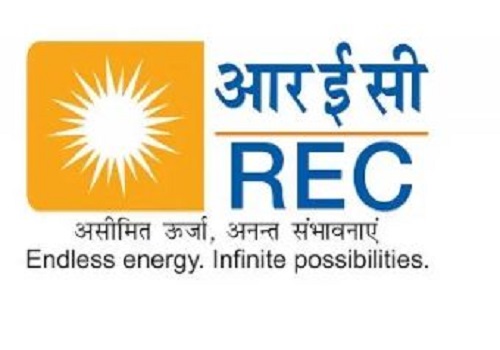SBI board approves to raise up to Rs 20,000 crore via long-term bonds

The State Bank of India (SBI) on Wednesday announced it would raise long-term bonds up to Rs 20,000 crore via a public issue or private placement during the ongoing financial year (FY25).
In a stock exchange filing, India's largest public sector bank said: "... we submit that the Central Board at its meeting held today has, inter alia, accorded approval for raising long-term bonds up to an amount of Rs 20,000 crore through a public issue or private placement, during FY25".
The SBI stock closed at Rs 854, up more than 1 per cent, apiece on the BSE.
The move came as Indian banks, including the SBI, are strengthening their capital reserves to cater to increasing loan demands. Several other state-run banks including Canara Bank and Punjab National Bank also have plans to raise funds through the debt route during the current financial year.
Earlier this year, the SBI had raised Rs 5,000 crore through perpetual bonds at an 8.34 per cent coupon. In the January-March quarter of FY24, the SBI clocked a 24 per cent jump in net profit at Rs 20,698 crore, compared to Rs 16,695 crore in the same period of the previous year. The country’s largest bank declared a dividend of Rs 13.70 per share for FY24. The SBI also recorded an improvement in its asset quality during the fourth quarter as gross non-performing assets (GNPA) declined to 2.24 per cent of total loans from 2.78 per cent last year.
























